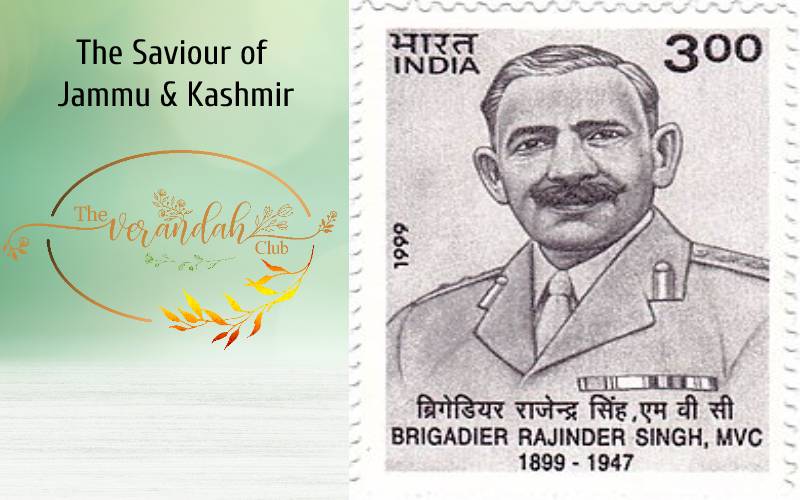
On 15 August 1947, India achieved independence from close to 200 years of British rule. But the freedom came at a steep cost, as the subcontinent was cut up to form the Muslim nation of Pakistan on the west and east.
At the time of independence, the subcontinent was split into two distinct political entities, the first being the territories of British India, which were under the direct control of the India Office in London and the Governor-General of India, and the second being the princely states, the territories over which the crown had suzerainty, but which were under the control of their hereditary rulers.
After independence, majority of the erstwhile princely states acceded to India, deftly maneuvered by the First Home Minister of Independent India, Sardar Vallabhbhai Patel. But two royalties proved problematic. In the Deccan, the Nizam ruled Hyderabad declared independence and had to be conquered by force. Up in the north, lay the royal state of Jammu & Kashmir, sharing a long border with newly formed Pakistan. The ruler of the state, Maharaja Hari Singh kept delaying on signing the instrument of accession to India for months following independence.
Meanwhile a nefarious plan was underway on the other side of the newly formed international border. As early as 20 August, barely days after independence, the Pakistan army was putting the finishing touches to Operation Gulmarg, a ploy to forcibly occupy Jammu & Kashmir using tribal fighters and irregulars. With the accession to Indian Dominion still up in the air, the defence of the state was entrusted in the hands of the poorly armed J&K State Forces. As part of this plan, 20 lashkars (Tribal militia bands), each of 1000 men, would be armed and trained by the Pakistan army to infiltrate into J&K.
In the first week of October, rebellion broke out in Poonch as large number of Muslim soldiers in the J&K State Forces rebelled against the king’s rule and declared allegiance to freedom fighting forces. They were joined by ex-servicemen and soldiers & officers of Pakistani army on leave and their combined strength overpowered the remnants of the State Forces stationed in Poonch as the area fell to the rebels. Soon, Mirpur followed suit. The lashkars supported by Pakistan state entered into J&K.
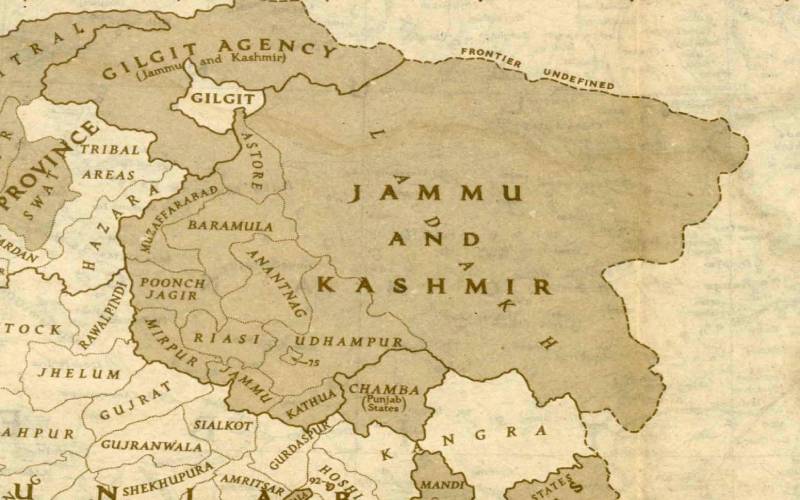
Alarmed, Maharaja Hari Singh pleaded with the Indian government for assistance. India’s response was clear and unequivocal, J&K royal state had to accede to Indian Union and only then will the Indian Army move in to safeguard the state.
On 25 September 1947, Brigadier Rajinder Singh Jamwal took over from Major General H. L. Scott as the Chief of Staff of the J&K State Forces. Courage and sacrifice lay in his blood. His ancestor, Baj Singh, had died fighting in the forces of Maharaja Gulab Singh, the Founder of the Royal State of Jammu & Kashmir. His grandfather and father were both war veterans of the J&K State Force. It was no surprise therefore that Rajinder Singh also opted for a military career. Now he took over the reins of the forces at the worst possible time.
On the intervening night of 21 and 22 October, the lashkars infiltrated by Pakistan created havoc at Muzzafarabad. They successfully instigated the Muslim elements of the 4th Battalion posted there who killed the commanding officer Col. N. S. Sambhyal and slaughtered the Dogra soldiers of the Battalion. The news of the fall of Muzzafarabad reached Hari Singh on the morning of 22 October. It left the capital Srinagar vulnerable to an invasion.
With talks ongoing with the Indian government, Hari Singh summoned his chief of staff and ordered him to ensure defense of the state to the last man and last bullet till help arrived from India. Karan Singh, the Crown Prince who was also present for the meeting, described the aftermath of this order thus, “Brigadier Rajinder Singh was given the order by my father, and he just saluted and walked away.”
The task at hand was practically impossible. The enemy was estimated to be about 6000 strong. Rajinder Singh could barely muster 150 - 200 men. Their weapons were largely outdated and there were hardly any armored vehicles. Undeterred, Rajinder Singh used private vehicles and moved to Muzzafarabad to carry out his king’s orders.
Despite the obvious disadvantages, the small band of soldiers under direct command of Brigadier Rajinder Singh put up a gallant fight. The brigadier, a veteran military man, devised brilliant guerrilla tactics to cover the severe numerical disadvantage. They began blowing up the bridges to slow down the invaders. On 24 Oct, Captain Jwala Singh arrived with reinforcements which numbered less than 100.
For four days, the forces of Brigadier Rajinder Singh kept defying the odds and preventing the Pakistani plans. Sadly, it was always a losing fight. Despite them blowing up several bridges, the sheer numerical superiority of the enemy meant Rajinder Singh’s forces had to keep on falling back constantly. However, they had bought the priceless time. On 26 Oct, Hari Singh signed the instrument of accession and Indian forces mobilized immediately for defence of Kashmir.
Same day morning, Brigadier Rajinder Singh’s men effectively thwarted another attack at Rampur thanks to their Chief’s tactical brilliance. Apprehending the attack, Singh had ensured construction of defensive positions all through the previous night which now came good. At dusk, Brigadier Rajinder Singh ordered a retreat to Baramulla.
Unfortunately, at 1 am in the night, while en route, the convoy was ambushed. Brigadier Rajinder Singh’s driver was killed, and he took the wheel himself. He was hit several times but refused evacuation. He ordered his men to carry on with the plan as decided and take up defensive position at Baramulla. Brigadier Rajinder Singh was last seen taking position beneath a bridge, trying to stall the enemy. He was never seen again nor was his mortal remains found. Most of his men also succumbed in their valiant defensive struggle. Brigadier Rajinder Singh had followed his king’s orders to the T–defending their turf to the last man and last bullet.
The unbelievable defensive stand by Brigadier Rajinder Singh and his small band of men ensured that Pakistan’s plan failed and the Indian armed forces were soon in position to prevent the fall of Srinagar and drove out the invaders over the coming months. It was probably the only instance of modern times when a Chief of Staff led a battle himself. The incredibly heroic actions of Brigadier Rajinder Singh and his men saved the entire state of J&K from being occupied by Pakistan and also spared the lives of countless of its inhabitants. Dr. Karan Singh, the then crown prince who went on to become a respected politician had said, “If Rajinder Singh had not stopped the Pakistani invaders, if he did not sacrifice his life, Kashmir may not have been a part of India.”
On 30 December 1949, Brigadier Rajinder Singh was posthumously awarded the Mahavir Chakra. V. P. Menon, the Chief Secretary of the Home ministry, had said of Brigadier Rajinder Singh, “He and his colleagues will live in history like Gallant Leonidas and his 300 men who held the Persian invaders at Thermopylae. It was but appropriate that when the Maha Vir Chakra decoration was instituted, the first award should have been given (posthumously) to this heroic soldier.”
Reference: https://www.thequint.com/voices/blogs/brigadier-rajinder-singh-the-1947-war-hero-who-sacrificed-his-life-for-kashmir#read-more
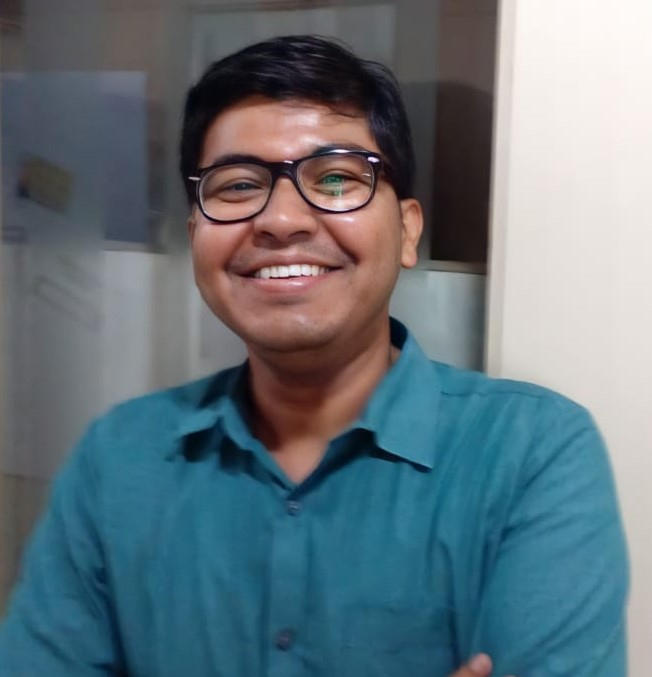 Based out of Kolkata, Trinanjan is a market researcher by profession with a keen interest in Indian history. Of particular interest to him is the history of Kolkata and the Bengal region. He loves to write about his passion on his blog and also on social media handles.
Based out of Kolkata, Trinanjan is a market researcher by profession with a keen interest in Indian history. Of particular interest to him is the history of Kolkata and the Bengal region. He loves to write about his passion on his blog and also on social media handles.
NEXT ARTICLE

At the southernmost tip of this mesmerising ensemble lies the majestic Great Nicobar Island, boasting an impressive landmass of about 910 square kilom...
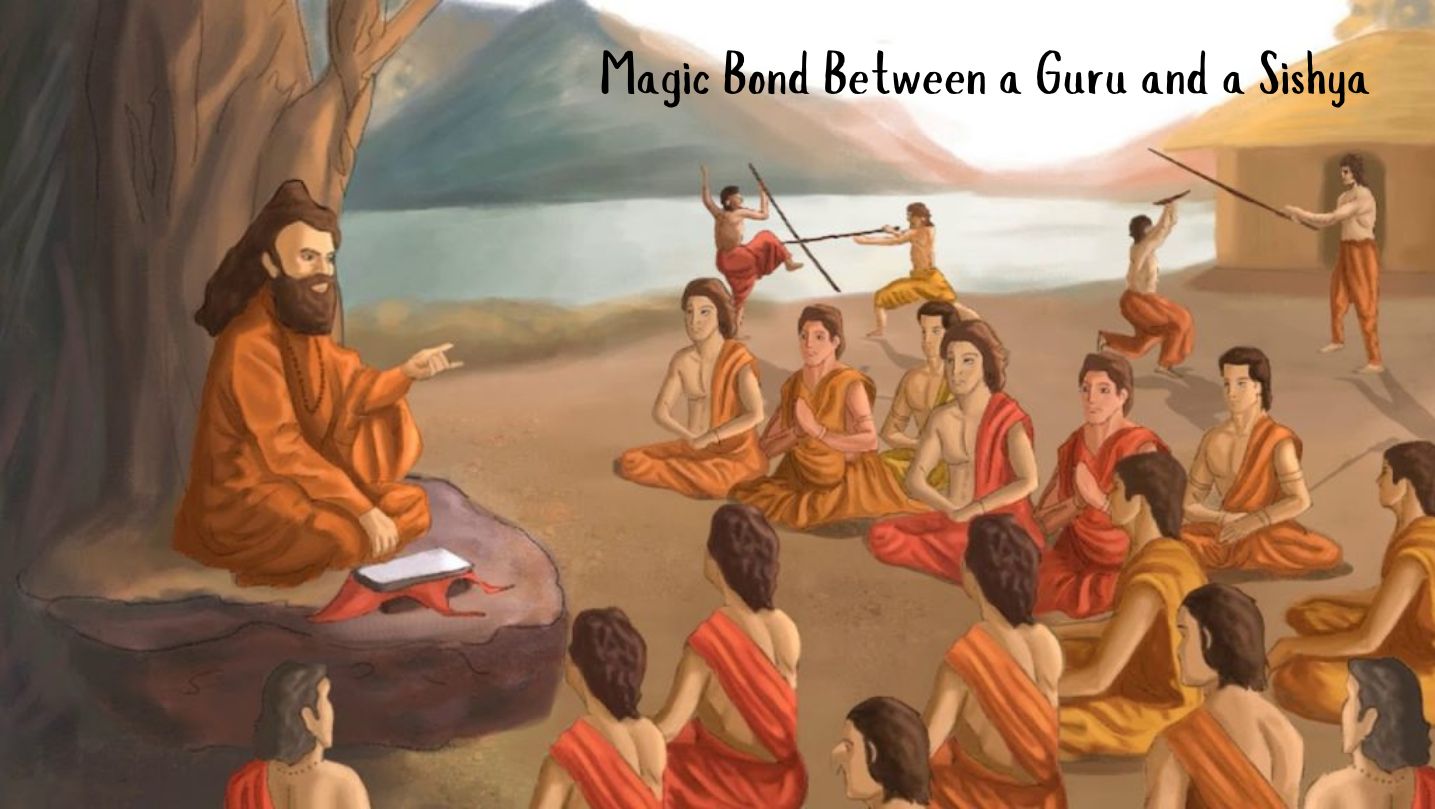
Bharath has always been a land traversed by spiritual masters/ Guru since time immemorial. These spiritual masters have always upheld the core princip...
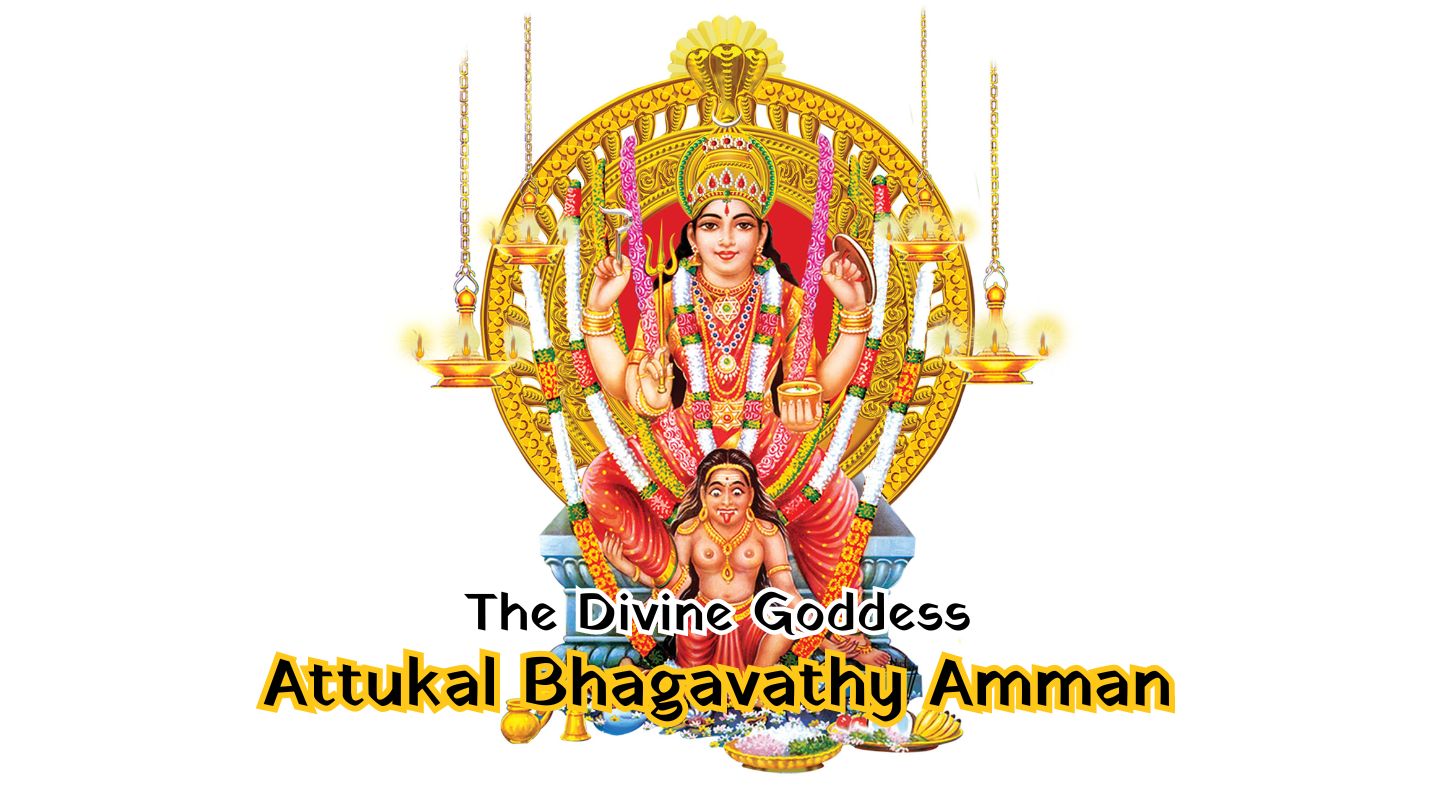
South India contains its fair share of unique pilgrimage centres. These divine places of worship have a prominent Sthala Purana, devoted followers, di...